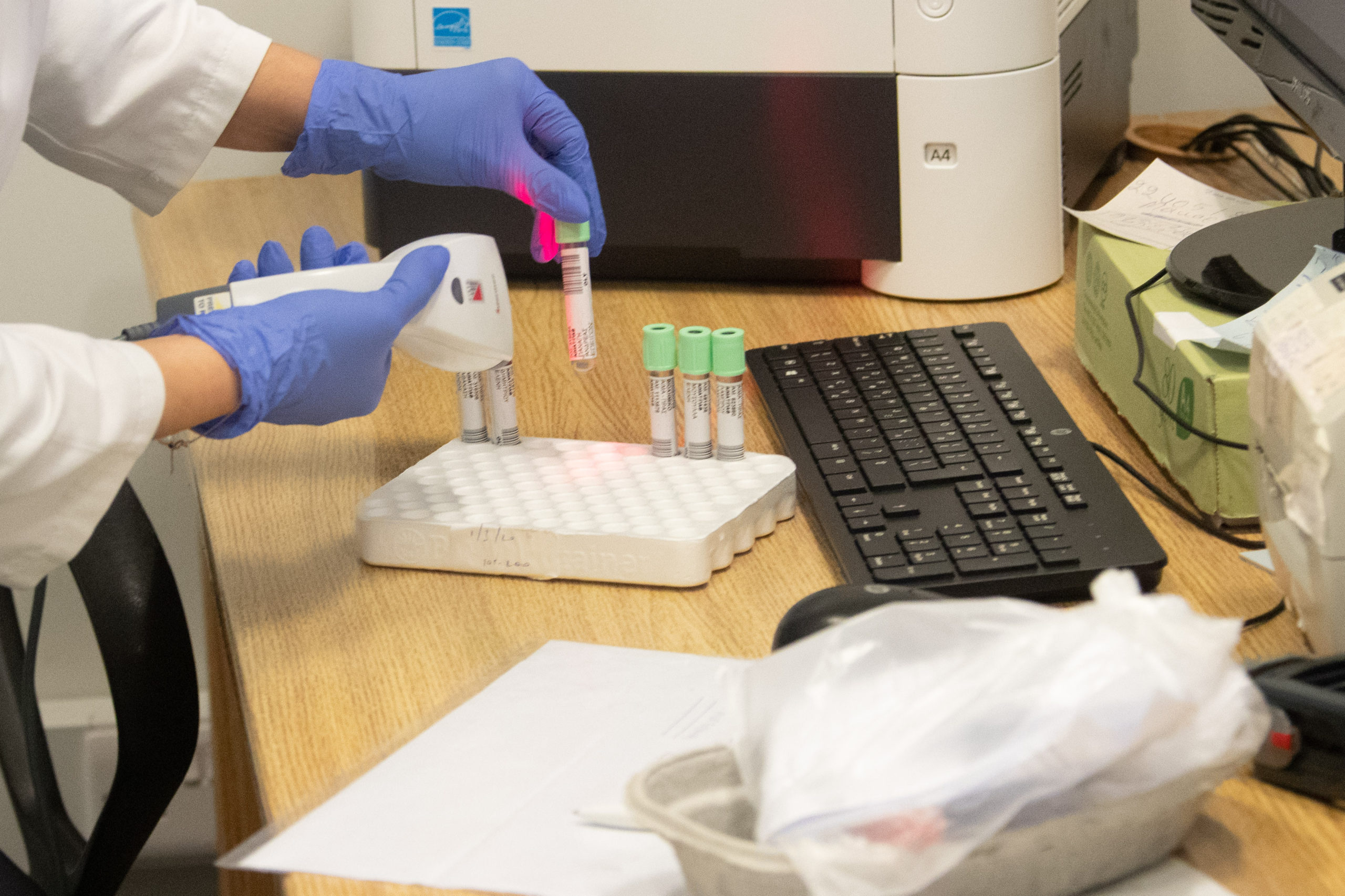Cyprus reported a similar number of new COVID-19 cases and patients admitted to hospitals on Friday as in the past few days, but no coronavirus deaths for more than two weeks.
The health ministry said that 200 patients remain admitted at the four main hospitals, two less than Thursday, while the number of new SARS-CoV-2 cases was marginally up at 244.
This raised the number since the pandemic started to 28,609.
Some 57 patients remain critical.
With no new deaths, the total remains 166, of which 43 in January, catching up with December that recorded 76 deaths.
At the same time, Cyprus continued testing the general public with the PCR molecular method and the less-accurate antigen rapid test.
According to a ‘COVID-19 situation update for week 1 of 2021’ issued by the ECDC, Cyprus is in second place among 29 European states with an average of 7,181 tests per 100,000 over 14 days, behind Denmark which is performing 9,277 tests per 100,000.
Friday’s results from 11,163 tests diagnosed 49 cases from tracing contacts of existing SARS-CoV-2 infections, three positive results from 233 samples taken from passengers arriving at Larnaca and Paphos airports, and two cases passengers who had arrived from the U.K.
These passengers were kept in quarantine in local hotels and needed a negative test on the seventh day of their stay in order to be released and head home for a few more days of isolation.
A further 139 new cases identified through the national rapid test programme, of which 59 were in Limassol, 36 in Nicosia, 18 in Larnaca, 16 in Paphos and 6 in Famagusta district.
Vaccinations to slow
The national vaccination programme, starting on December 27 with priority given to frontline health workers, elderly aged over 80 and vulnerable people, continued, with the addition of Lakatamia medical centre for inoculation.
However, Pfizer-BioNtech, the suppliers of the initial batch of vaccines, said that they would be slowing down deliveries throughout Europe until the end of the month, in order to allow for production line upgrades and increase the output of jabs










